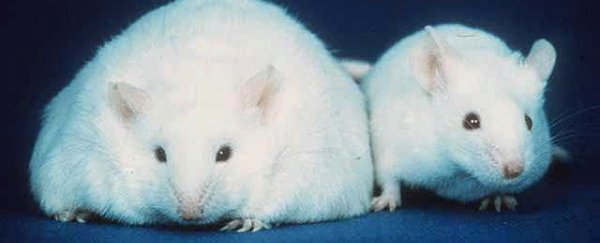Low protein, high carbohydrate diets could be just as effective as low calorie diets at promoting a long life and good heart and digestive health.
Research from the University of Sydney's Charles Perkins Centre shows the benefits associated with caloric restriction diets could also be reached with a low protein, high carbohydrate diet.
The study marks 80 years since the publication of a paper showing that restricting calorie intake in rats by around 40 percent prolonged their lives.
Since that time, caloric restriction without starvation has been found to extend lifespan and improve metabolic health in organisms from yeast cells and worms to mice and monkeys.
"We have known for many years that caloric restriction diets increase lifespan in all manner of organisms," says Stephen Simpson, Academic Director of the Charles Perkins Centre and corresponding author of the paper, published in the journal Cell Reports. "However, except for the fanatical few, no one can maintain a 40 percent caloric reduction in the long term, and doing so can risk loss of bone mass, libido and fertility."
The latest research in mice shows that a low protein, high carbohydrate diet provides the same benefits as caloric restriction, a result researchers believe may also hold true in humans.
"There is one downside. While a low protein, high carb diet is likely to have beneficial effects later in life, it is also associated with an increased food intake driven by protein appetite, which poses the risk of weight gain," he says.
"According to these mouse data and emerging human research, it appears that including modest intakes of high quality protein and plenty of healthy carbohydrates in the diet will be beneficial for health as we age."
The mice got the same benefits from a low protein, high carbohydrate as a 40 percent caloric restriction diet.
If the same applies to humans, this would mean healthier ageing, with more pleasure and less pain than caloric restriction.
This article was originally published by Business Insider.
More from Business Insider:
